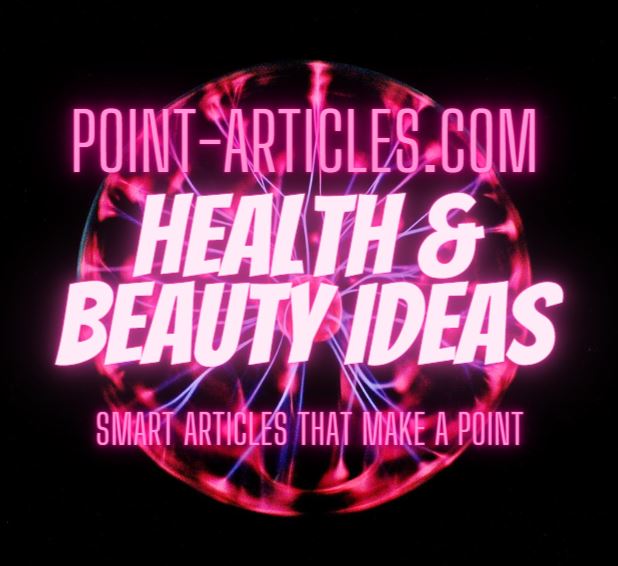
15 Jul
Reasons Why You Should Take Klaire Labs Supplements
Taking health supplements is not something that should replace a healthy diet. They are not a cure or a prevention for disease. They do not interfere with prescription medications. Furthermore, they don’t increase your risk of disease. If you are concerned about your health, taking supplements can help ease your worries. Listed below are some of the main reasons why you should take Klaire Labs Supplements. This article will discuss the benefits and risks of taking health supplements.
Dietary supplements don’t replace a healthy diet
A multivitamin is one of the most popular types of dietary supplement, and in 2006, 39% of U.S. adults used them. Although multivitamins are useful in the event of a vitamin deficiency, they do not replace a varied diet full of wholesome, whole foods. Taking multivitamins is an insurance policy, and is best used to boost the quality of your diet.
However, a well-balanced diet is the best way to make sure that your body receives all the nutrients it needs. While supplements are beneficial in some situations, they cannot replace a well-balanced diet. According to the Dietary Guidelines for Americans, the best way to get the proper amount of nutrients is to eat a variety of whole foods. A balanced diet is essential to maintain physical and mental health.
However, many people don’t realize that a supplement may not be as effective as a good diet. Many supplements are not tested on pregnant women and are not recommended for nursing mothers or children. If you have any questions, contact your healthcare provider. Dietary supplements are not regulated the same way as prescription drugs. For that reason, it is important to get the advice of your healthcare provider before taking any supplements.
They don’t cure or prevent disease
Despite the sweeping claims on health supplement labels, these products don’t prevent or cure disease. FDA regulations prevent manufacturers from making claims that are not supported by substantial scientific evidence. The best way to know whether a health supplement is safe is to look for a disclaimer on the label. While the FDA’s regulations don’t require health supplements to treat or prevent disease, consumers should take care to avoid overly inflated claims, such as “miracle cures.” Instead, they should ask a pharmacist or doctor about the product’s safety and any research studies that were conducted to support the claims.
The evidence for supplement benefits is mixed, and many studies are observational rather than randomized controlled trials. Observational studies do not control for dietary, lifestyle, or other factors. Observational studies have never been able to determine which treatment caused the health benefits. However, those who took supplements were typically healthier than people who did not take them. It is not clear whether taking supplements is the cause of the observed health benefits, but it’s possible that they may have contributed to the improvements.
They don’t increase risk of disease
Recent research has concluded that vitamin supplements do not increase the risk of heart attack, stroke, or premature death. Researchers at the Friedman School of Nutrition Science and Policy at Tufts University and the Hinda and Arthur Marcus Institute for Aging Research at Hebrew Senior Life in Boston published their findings in Annals of Internal Medicine on April 9. The researchers examined the health effects of 30, 899 adults who took dietary supplements for vitamins A, D, E, or calcium.
However, the findings of observational studies do not have the same quality as randomized controlled trials. In fact, the studies were not designed to compare health supplements to placebos. While the findings of observational studies are promising, the researchers note that the studies are not scientifically rigorous enough to draw definite conclusions. In addition, the results are based on observational data and do not control for dietary, lifestyle, or other variables. Further, people who take supplements are more likely to consume healthy foods that contain a variety of nutrients.
Proudly powered byWordPress. Theme byInfigo Software.








